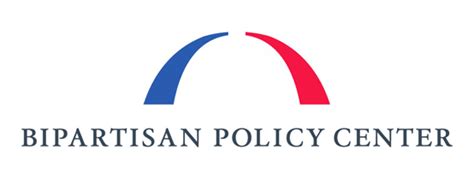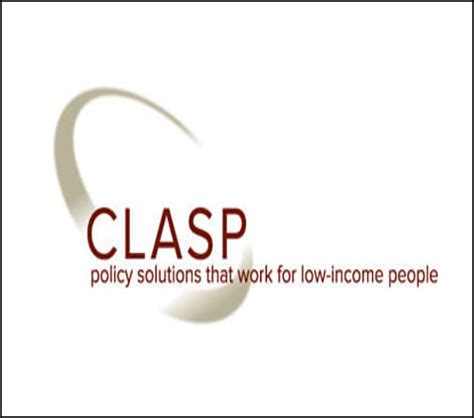Bipartisan Policy Center report identifies roles for community foundations in meeting local childcare challenges
To supplement federal and state efforts to support the childcare sector, a new report from the Bipartisan Policy Center calls attention to the role that community foundations can play in local-level interventions. The authors suggest that these foundations benefit from deep local knowledge, a high degree of trust, and capacity to leverage non-governmental sources of … Read more








